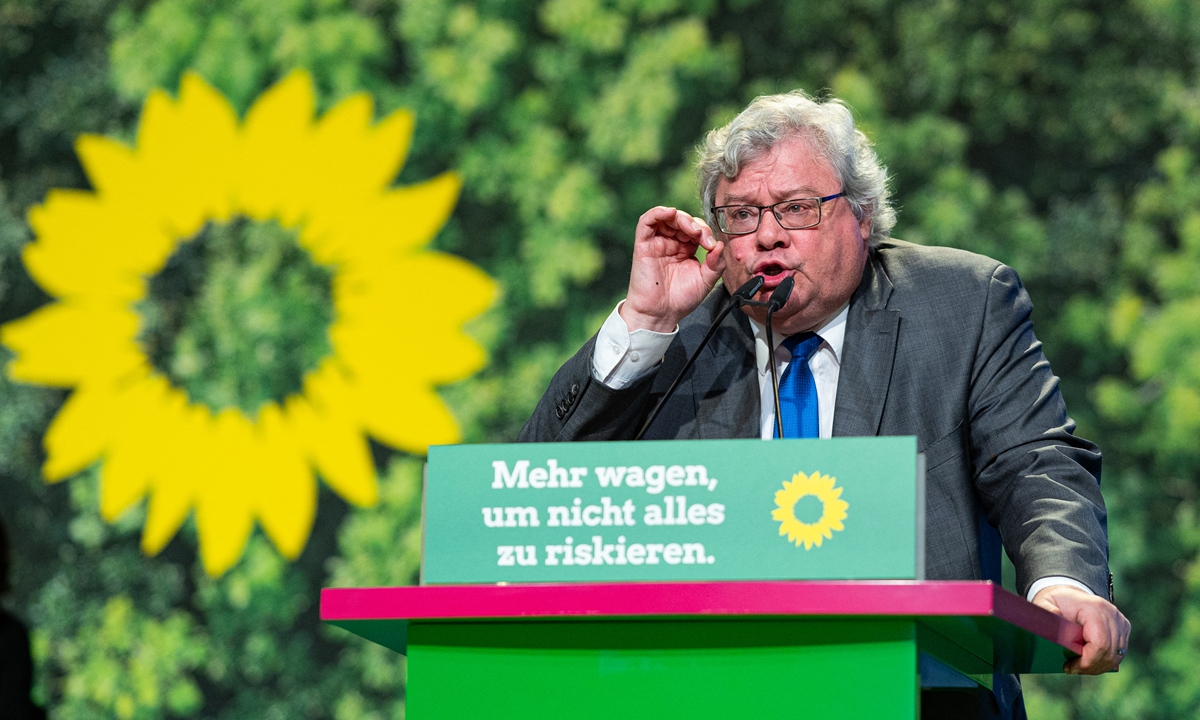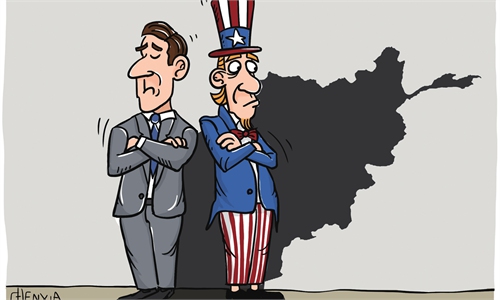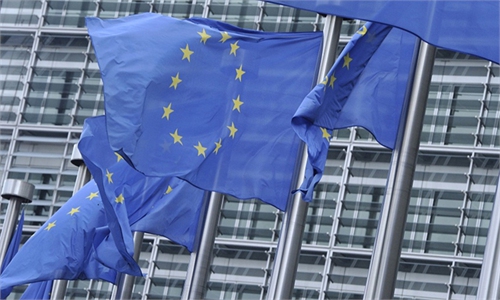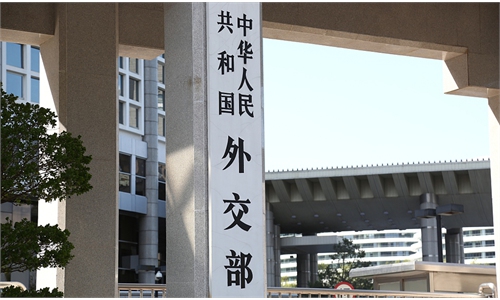How should we view rising tough voices against China in Europe: Global Times editorial

Reinhard Bütikofer, who chairs the European Parliament's delegation for relations with China. Photo: AFP
There are increasingly tough voices speaking out against China in Europe, and members of the European Parliament have played an important role in promoting these voices. Reinhard Bütikofer, who chairs the European Parliament's delegation for relations with China, has argued that Germany and France should restrain themselves from "selfishly" looking to guide EU-China relations. He called on EU members states to adopt a united position on the issue of China. The European Parliament's Foreign Affairs Committee on Wednesday passed a pro-Taiwan draft report. Fabio Massimo Castaldo, vice president of the European Parliament, defended the report saying that the EU cannot remain silent on China's increasingly aggressive foreign policy.
Germany is the biggest trading partner of China within the EU. China is also the biggest trading partner of Germany. But tough voices toward China can often be heard. In a speech at an industry event in June, Siegfried Russwurm, head of the BDI industry association, said Germany must not duck confrontation if red lines on human rights are crossed when dealing with China.
The US regards China as a cold war rival. It has made all-round efforts to exert pressure on China, which has worsened the overall diplomatic environment China is facing. European political circles will take the pressure on China as leverage they can take advantage of in their relations with China. They will break the tacit understanding on China-related issues such as human rights between Europe and China and become more aggressive in their rhetoric toward China. For one thing, they aim at seeking more attention, for another, they want to boost their position in dealing with China in an attempt to push China to make more concessions.
China must have a full understanding of the basic nature and outlook of China-Europe relations and have confidence in our ability to completely safeguard our interests in relations with Europe. Besides, we need to see through the petty and wretched mind-set of some European politicians who want to stir up troubles to serve their own ends and gain profits. We should not be fooled by their performances. These judgments should be the basis for us to formulate corresponding strategies.
China is so far away from Europe, and we have never provoked European countries. European powers invaded China in modern times, and today they have also taken the initiative to intervene in China's internal affairs. Lithuania is seeking to develop relations with Taiwan island in a way that breaks the one-China principle, which was opposed by China. But European side has in turn said China conducted "coercive" diplomacy. This is clearly rogue political logic. Some Europeans cannot tell the right from the wrong. This is because they have put self-interest at their center.
The West has been led astray by the US, the rogue-in-chief. And the hooliganism has been widely spread in the West. However, the world is not entirely dictated by the West. China is very powerful today. The West can create a distorted ideology, but it cannot dictate its current and future relations with China like the way it did with unequal treaties more than a century ago.
The most substantial part of China-EU relations is economic and trade cooperation, which must be based on equality and mutual benefit in nature. Ideology cannot be used as currency here. Taking a close look at how many German cars are running in Chinese streets, how many Chinese women are using French cosmetics, how many European brands have found the key pillar in the Chinese market and how many jobs has been created in Europe by China's capital inflows, we can be sure that although the Europe is anxious about being surpassed by China, it cannot afford "decoupling" with China. They may feel good by talking tough about China. But if they translate those words into actions, they are risking Europe's own future.
Sales in China of the 30 listed companies of Germany in the DAX index on average account for 15 percent of their total sales. Among them, the sales ratio of leading automobile companies in Chinese market may double this figure. A poll shows that 58 percent of German respondents are willing to suffer a certain economic loss for implementing a tough policy toward China. If the same poll is put out in China, Chinese people would choose to sacrifice their interests and be tough toward Europe as well. But interestingly, China-Europe trade has been growing.
Europe implements a "democratic system." Such a system is more likely to unleash extreme emotions. Adolf Hitler and Benito Mussolini both seized power in a "democratic" way. Today's right-wing parties are also expanding their influence through local legal channels, while China is much more stable and balanced. We must strike back when necessary, but we do not need to be closely entangled with the radical political forces in Europe. We need to handle relations with Europe more wisely and grasp the overall situation that is beneficial to both sides.
When China and the US are in confrontation, the importance of Europe to the US will quietly rise. Former US president Donald Trump was tough toward Europe for a while, but Biden soon showed a flattering smile to Europe. However, the US' abrupt withdrawal from Afghanistan has made Europe painfully realize that the US is unreliable. The more steady China is, the more opportunities we will have to see the disputes between the US and Europe.



